As an employee, demonstrating positive attributes might lead to professional progression chances. You can also increase your career prospects by displaying certain favorable characteristics. A blend of hard and soft abilities make up quality qualities, all of which can be improved with daily practice. We’ll look at some of the most sought-after attributes in this article.
The significance of developing positive employee attributes
Developing characteristics that are common among good employees will help you create a positive impression on your boss. It can also aid in the development and maintenance of strong connections with coworkers, as they will come to see you as a trustworthy team member.
Characteristics of an excellent employee
To become a better employee, cultivate the following qualities:
- Dedication
- Confidence
- Reliability
- Teamwork
- Independence
- Leadership
- Communication and interpersonal abilities
- Self-awareness
- Integrity
1. Commitment
A strong sense of support and commitment to a business or employment role is part of dedication. Employees that are committed are more purpose-driven in both their personal and professional life.
You may exhibit the following characteristics as a dedicated employee:
- A strong desire to succeed at your job
- A optimistic outlook about your work in general
- For all work-related events, punctuality is required.
- When it comes to given work assignments, flexibility is essential.
- A dedicated employee doesn’t need a lot of experience in their profession, but they are willing to put in the time and effort to learn what they need to know. They are more likely to reinforce any qualities they need to improve because they are goal-oriented.
2. Self-assurance
Confidence and productivity frequently go hand in hand. Employees that are confident in their skills to manage projects are more likely to persuade their superiors, coworkers, and customers of their abilities as well.
- You may display some of the following characteristics when your confidence grows:
- You pay more attention to what others are saying than you do to what you are saying.
- You’re constantly looking for new ways to increase your abilities.
- You’re aware of when it’s appropriate to seek assistance.
- You can swiftly learn new skills and adjust to new situations.
You may also find it easier to accept difficulties at work if your confidence has grown. This includes looking for strategies to overcome these obstacles and succeed in your current responsibilities right away.
3. Dependability
A trustworthy employee is one who is reliable and dependable. When it comes to knowing that a project will be completed correctly, reliability is crucial. Employees that are dependable are useful in the job because they demonstrate that they can complete duties without a lot of supervision.
- Being a dependable employee entails:
- Attending work-related events
- Arriving on time to work
- Meeting deadlines on a regular basis
- Creating top-notch work
- demonstrating a desire to take on greater duties
- Taking the initiative when it is required
4. Collaboration
In most workplaces, collaboration is required. Excellent communication skills, patience, tolerance, and dedication are required for successful teamwork. You can demonstrate a variety of other desirable qualities by exhibiting great teamwork skills. When it comes to assuring that you’ll be a valuable addition to the current team, being a team player is essential.
- Players that work well in groups include:
- Adaptable to change
- They are dedicated to their own and their teams’ success.
- dependable and accountable
- Exceptional problem solvers
- They are helpful and considerate to their employees.
Adaptability is also vital in organizations that rely significantly on teamwork. A team member who can swiftly adjust to new positions, such as leader and motivator, will find it simpler to fit into an existing group.
5. Self-reliance
It is just as vital to be able to work individually as it is to be able to work successfully in a group. Even in very team-oriented firms, you will have to accomplish some work on your own. When your manager and team members expect you to perform a work on your own, there is a level of trust involved.
As a self-employed worker, you provide the following services:
- Dedicated focus
- Improved time-management abilities
- Resourcefulness
- Ability to edit and analyze your own work
- Your employer will be able to rely on you to execute job responsibilities without a lot of monitoring if you can work independently.
6. Management
Strong leadership abilities can assist you in moving your business ahead. They can also assist you in assisting your team members in growing their own talents. Influential leaders possess a diverse set of abilities, including self-assurance, dependability, and honesty.
You may demonstrate the following characteristics as a leader:
- Exceptional organizational abilities
- The ability to recognize a team’s assets and liabilities.
- Self-assurance in your ability to lead groups
- The ability to motivate and inspire others
- Empathy for your teammates
- You can provide constructive feedback.
One of your major advantages to a corporation is that you can eventually be promoted if you have good leadership qualities. Recruiting and training expenditures are reduced when promotions are made from within. Leadership is another important employee trait. Hiring someone with leadership characteristics provides people someone to look up to, which can boost motivation and productivity inside a company.
7. Communication and interpersonal skills
Strong communication skills can help you succeed in practically any job. You’ll probably spend a lot of time speaking with customers, coworkers, vendors, and managers throughout your career. Positive and successful encounters are ensured by strong interpersonal skills.
A good communicator frequently exhibits the following characteristics:
- Professionalism at its best
- An open mind when it comes to fresh concepts
- The ability to decipher patterns of nonverbal communication
- A good listener is also a strong communicator. Active listening is essential for effective communication since it demands fully comprehending what the other person is saying and responding accordingly.
- Self-awareness is number eight on the list.
8. Self-awareness
You can comprehend your strengths and flaws if you are self-aware. It can also assist you in recognizing when to seek assistance or comments on your job, allowing you to continually develop your abilities. The more self-awareness skills you build, the easier it will be to reflect on the talents you’ve acquired since starting your job.
The following are common examples of self-awareness:
- Emotional intelligence that is strong
- Recognizing your place on the team
- Obtaining and utilizing feedback
- Integrity is number nine.
Employers can focus on other aspects of their company by recruiting personnel they can trust. Characteristics such as accountability and honesty are examples of integrity. Integrity also entails being open and honest about one’s abilities and preferences. Your coworkers, for example, may come to trust you to be honest about your abilities to complete a project if you have high levels of integrity.
9. Integrity
Transparency in the workplace is critical since it influences the culture and success of a firm. You can more easily build team tactics that lead to department success when your team members know what to anticipate from you. This can lead to the overall success of your organization.
If you’ve worked hard to build your integrity as an employee, you might exhibit the following characteristics:
- You are open and honest about your success at work.
- In all aspects of your business, you are ethical.
- You are aware of and display key principles on a regular basis.
- You make all of your decisions with honesty and integrity.
Because honesty fosters open communication, one of the most critical attributes of a good team member is integrity. Everyone in the organization benefits when employers and employees feel free to discuss their issues, questions, and feedback.




